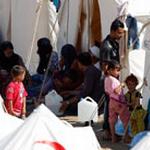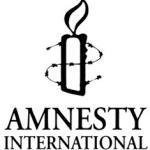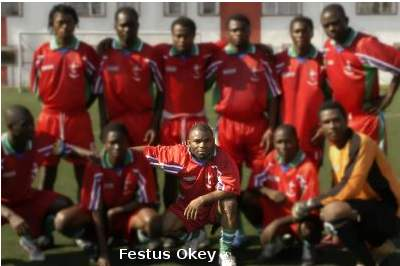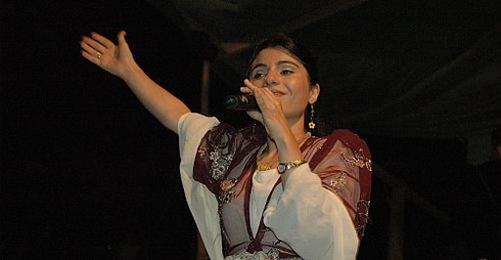At a meeting organised at Sabancı University’s Communication Centre in Karaköy, Amnesty International (AI) has introduced its report on the situation for refugees in Turkey.
Entitled “Stranded: Refugees in Turkey Denied Protection”, the report notes that people seeking refuge within Turkey’s borders face threats to their lives every day because Turkey neglects to provide international protection.
AI Turkey director Ville S. Formsan, Turkey branch refugee coordinator Volkan Görendağ, as well as Turkey researcher Andrew Gardner were present at the report launch.
Gardner said, “Turkish authorities regularly violate the rights of refugess as soon as they attempt to enter the country. This continues after their refuge demands are considered and refugee status is given.”
Rise in applications
According to official statistics, the United Nations High Comissioner for Refugees (UNHCR) in Turkey received 4,550 new refugee applications from countries outside of Europe in 2006, and this number rose to 12,980 in 2008.
Gardner said that most of these applicants came from Iran, Iraq, Afghanistan and Somalia.
“Meanwhile, thousands more may be staying in Turkey irregularly. There are no reliable numbers on this issue.”
Refugees caught in legal chaos
Turkey maintains a geographical limitation to the Refugee Convention and refuses to recognize persons of non-European origin as refugees. This results in a complex legal and practical situation in which refugees, asylum-seekers and other persons who may be in need of international protection are denied such protection. Despite this limitation, Turkey remains a country of asylum for thousands of persons fleeing persecution from non-European countries.
AI is concerned that persons in need of international protection in Turkey are prevented from accessing their internationally recognised rights due to Turkish asylum regulations that do not conform to international standards and which are unfairly and arbitrarily applied. They are denied the opportunity to apply for asylum either at Turkey's border or after being arbitrarily detained.
Those that are able to submit an application do not have accessto a fair and satisfactory national refugee status determination system and face severe restrictions in gaining access to health, adequate housing and work.
Furthermore, AI is concerned that refugees, asylum-seekers and others in need of international protection are forcibly returned to countries where they are at risk of persecution, in breach of the principle of non-refoulement.
Gardner emphasised that refugees were kept in custody in “guest houses” for foreigners, sometimes for months, which prevented them from objecting to procedures.
Discrimination against LGBTT refugees
He further told bianet that cases of discrimination against female and LGBTT (lesbian, gay, bisexual, transvestite or transsexual) refugees had been noted in two cases.
“We spoke with LGBTT refugees in Van (east of Turkey) and Kayseri (central Turkey). They all complained about police prejudices and the attitude of civilians. The government must become more informed on women and LGBTT refugees in particular and train the people working in this area.”
Information gathered from different sources
In the process of compiling the report, AI delegates conducted interviews in February and May 2008 in Ankara, Istanbul, Izmir, Kayseri and Van, with refugees, asylum-seekers and other persons who may be in need of international protection, and with government authorities, intergovernmental agencies, NGOs and lawyers working with refugees.
Gardner called un EU member states to share responsibility on this issue.
The AI report will be sent to Turkish MPs and institutions working in that area. (BÇ/AG)
















